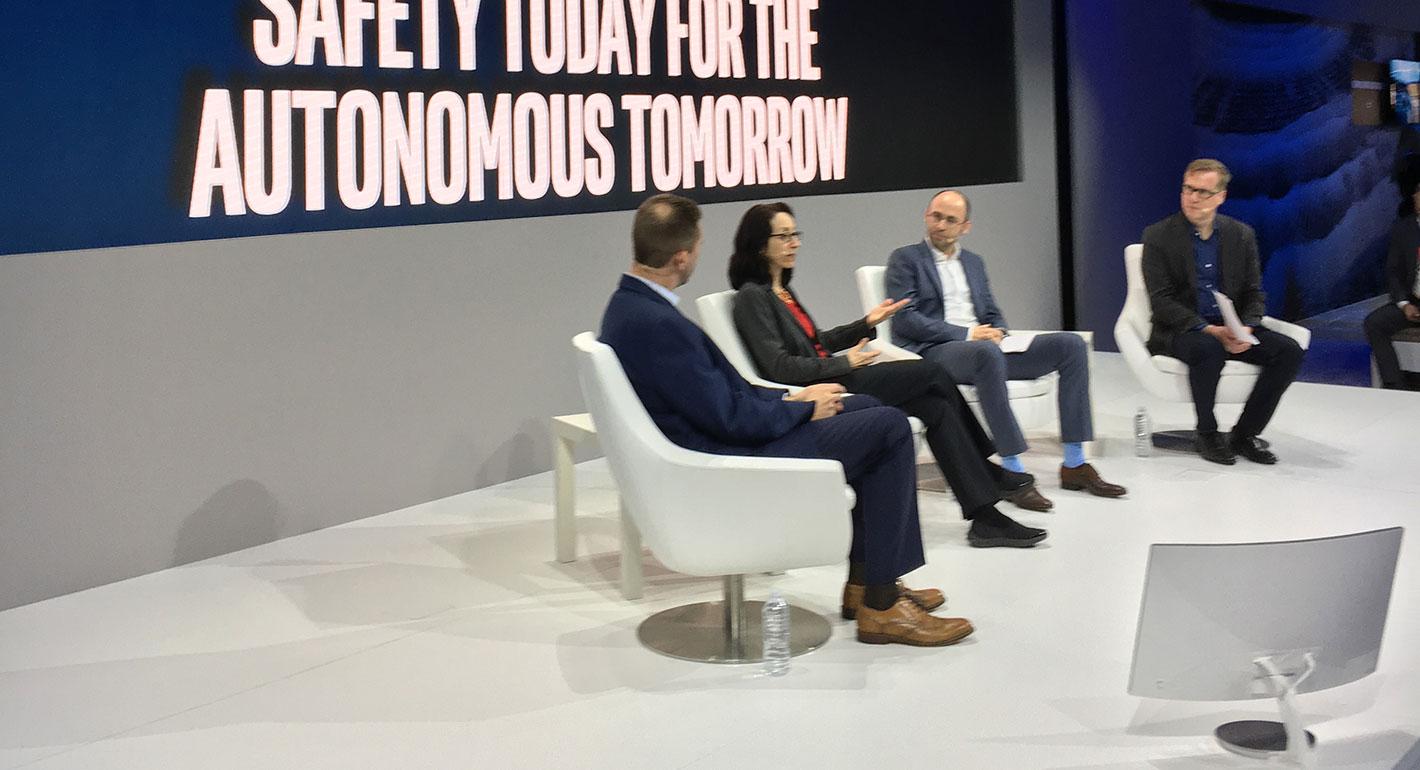Why is it so hard for a car to drive itself? Does automation make a car more or less vulnerable to cyber attacks? Will the artificial intelligence being used in cars make them more or less safe? In a career focused on technology policy, I have been exploring these questions and more.
Whether advising the White House on science and technology or leading research into cybersecurity at the U.S. National Academies of Sciences, Engineering, and Medicine, I have tracked the steady improvement of information and communication technologies and their application in all manner of economic, social, and civic activities. Technologists chase the promise that their creations will make activities easier or new ones possible. But history shows that technology advances come with side effects and unintended consequences. The people who developed the internet, for example, foresaw its broad use, but its full range of benefits and costs remains a continuing source of surprise and challenge. Even before the internet, security was a concern for stand-alone computers. Today we have new worries, as everything from cars to doorbells can collect, process, and communicate information.
Carnegie’s Technology and International Affairs Program will let me dive back into cybersecurity topics, with emphases on the financial sector, connections to domains like space and biotechnology, and the evolving context of cloud systems. I look forward to joining the larger Carnegie community in its quest to fully understand the risks technology imposes on international stability and to effectively engage private and public sector leaders in shaping ways to manage or mitigate those risks.
